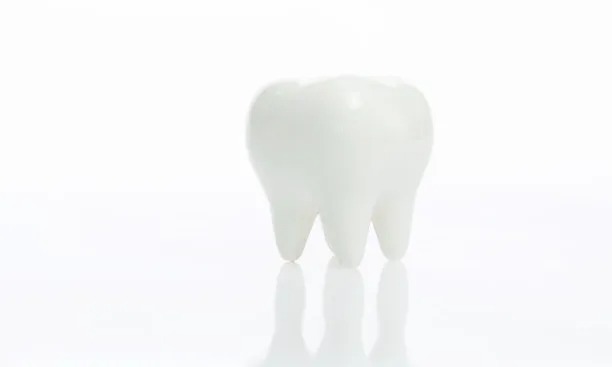Essential Tips and Precautions for a Successful Dental Filling Experience and Ongoing Oral Health Care
Summary: Dental fillings are a common yet significant aspect of oral care that require careful attention for a successful experience. This article provides essential tips and precautions that can enhance your dental filling process and maintain ongoing oral health. From choosing the right type of filling to post-treatment care, we detail steps to ensure comfort and success. Additionally, we explore the importance of regular dental visits, good oral hygiene practices, and dietary considerations for long-term dental health. By following these guidelines, patients can alleviate fears and make informed decisions regarding their oral care.
1. Selecting the Right Type of Filling

Choosing the right type of dental filling is critical for aligning with personal needs, preferences, and specific dental conditions. The most common materials include amalgam, composite resin, glass ionomer, and gold. Each type has its own advantages and disadvantages that should be carefully considered. For instance, amalgam fillings are durable and often less expensive, making them suitable for large cavities, while composite resins blend well with natural tooth color, making them ideal for visible areas.
Before making a decision, consult with your dentist to discuss which material best suits your situation. Understanding the longevity, sensitivity, and expense of each option will empower you to choose wisely. Remember that insurance coverage might also differ among filling types, so consider these factors in your decision-making process.
Finally, dont hesitate to voice any concerns about allergies or sensitivity you may have. Open communication with your provider will help you find a material youre comfortable with and ensure any potential complications are avoided.
2. Preparing for Your Dental Appointment
Preparation for your dental appointment can make a world of difference in your experience. Start by discussing any medications you鈥檙e currently on or existing health conditions with your dentist. Certain medications, especially blood thinners, may affect the procedure or healing process.
Additionally, ensure that you maintain a clean mouth before the appointment. Brush and floss your teeth thoroughly to minimize bacteria and promote a cleaner environment for the filling. Consider having a light meal beforehand; however, avoid overly hot or cold foods to prevent sensitivity that might complicate your visit.
Lastly, mentally prepare yourself for the appointment. Dental anxiety is common, but various techniques such as deep breathing, visualization, or even bringing a stress ball can help alleviate fears. Understanding the procedure can also reduce uncertainty, so don鈥檛 hesitate to ask your dentist to explain the steps involved.
3. Post-Treatment Care and Healing
After receiving a dental filling, proper aftercare is crucial to ensure successful healing and longevity of the filling. Initially, you may experience some numbness in your mouth due to local anesthesia; avoid chewing or biting on the treated side until full sensation returns to prevent accidental injury.
Pay attention to your oral hygiene routine. Gently brush and floss around the filling, as your dentist may instruct. Its normal to feel some sensitivity in the days following the procedure, particularly to temperature extremes or pressure; however, this should gradually decrease. If pain persists, contact your dentist for further evaluation.
Maintain regular dental check-ups following the filling to monitor its condition and address any issues promptly. These appointments are vital for ensuring your mouth is healthy and identifying potential problems before they escalate.
4. Long-Term Oral Health Care Practices
Ongoing oral health care is vital in maintaining the effectiveness of dental fillings. Regular brushing twice a day with fluoride toothpaste and daily flossing are foundational practices that can prevent further decay and promote overall dental health. Good oral hygiene reduces the risk of cavities forming around existing fillings, crucial for their longevity.
Your diet plays a significant role in your dental health as well. Limiting sugary snacks and beverages can significantly reduce the chances of tooth decay. Consider incorporating calcium-rich foods and beverages, which are essential for strengthening teeth. Dont forget to hydrate, as it aids in the production of saliva, a natural defense against decay.
Lastly, educate yourself on the importance of smoking cessation and limiting alcohol intake. Both can adversely affect oral health, contributing to problems such as dry mouth, gum disease, and increased decay risks. Taking a proactive approach to your overall health will undoubtedly benefit your dentistry experience.
Summary:
By selecting the appropriate filling type, preparing adequately for your appointment, providing the correct post-treatment care, and committing to long-term oral hygiene, you can significantly enhance your dental experience and health. These practices not only ensure a successful filling experience but also promote a healthier future for your teeth.
This article is compiled by Vickong Dental and the content is for reference only.



